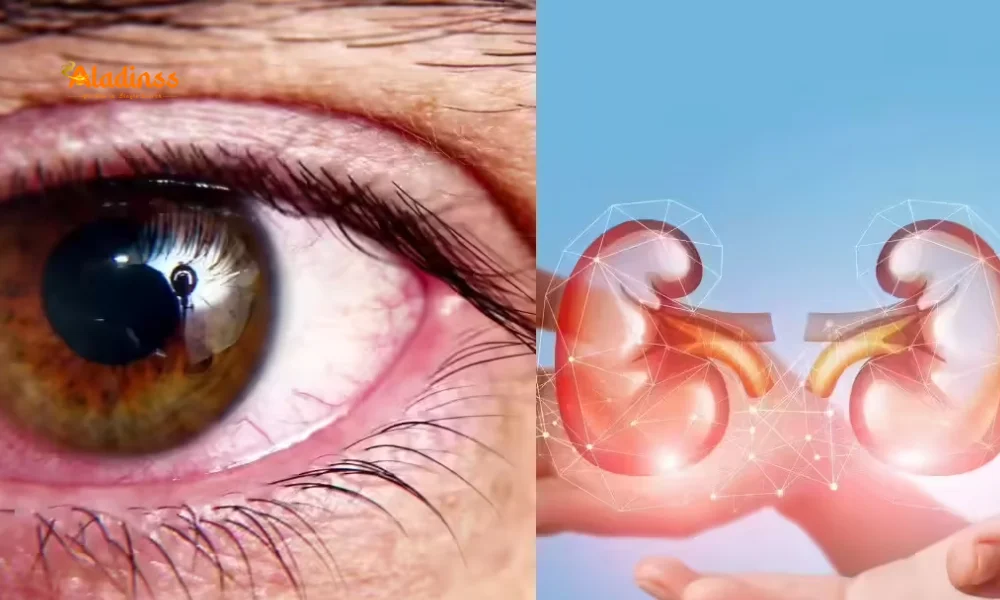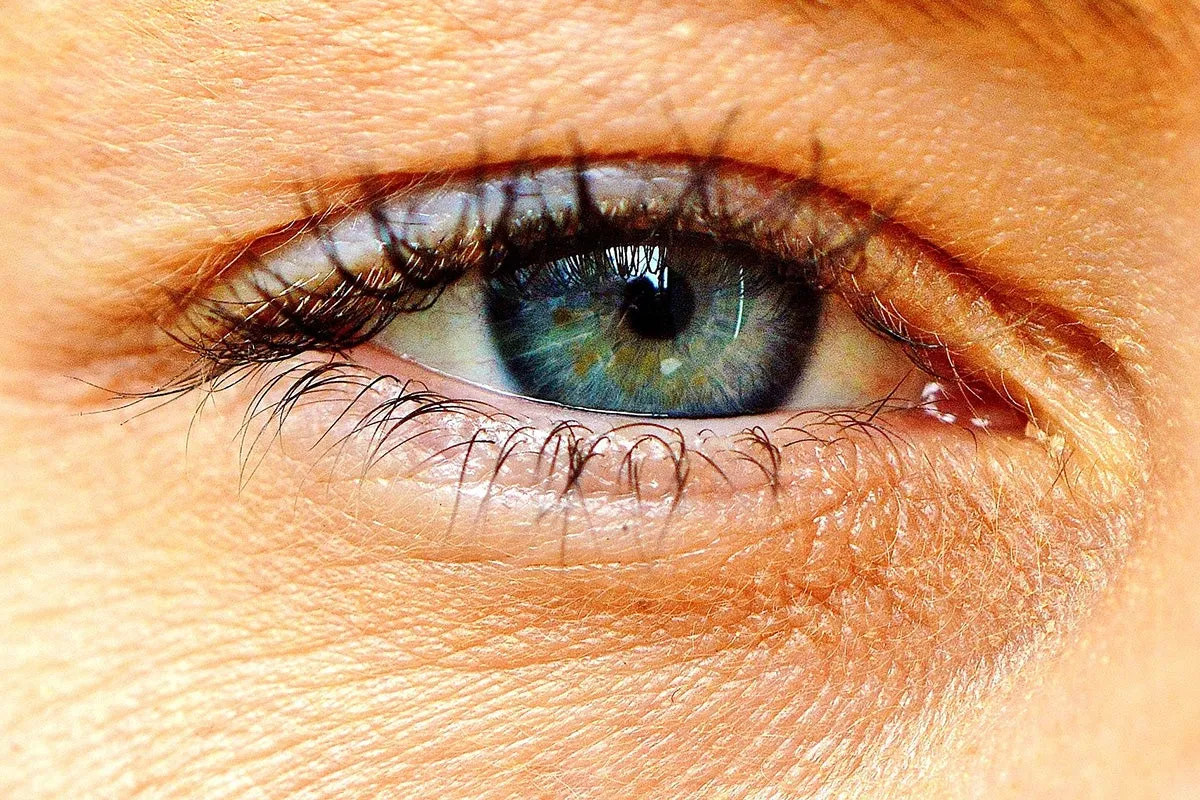Eye Changes Signaling Kidney Problems: Key Symptoms to Watch

Eye Changes Signaling Kidney Problems: Key Symptoms to Watch
Your eyes can reveal early warning signs of kidney problems, often before other symptoms like fatigue or swelling become noticeable. Kidney disease affects the body’s ability to maintain healthy blood vessels and fluid balance, both of which are critical for eye health. Issues with the kidneys can lead to vision changes, ranging from swollen eyes to color blindness. Recognizing these symptoms early can be crucial for timely diagnosis and treatment of kidney issues. This article explores five eye-related symptoms that may indicate kidney problems and why you shouldn’t ignore them.

The kidneys and eyes are closely connected through their reliance on healthy blood vessels and proper fluid regulation. When kidney function declines, it can lead to conditions like proteinuria, high blood pressure, or toxin buildup, all of which can manifest as eye-related symptoms. From persistent swelling to vision changes, these signs can indicate underlying kidney issues that require immediate attention. Below, we detail five key eye symptoms that could signal kidney problems and how they relate to kidney health.
Constantly Swollen Eyes: A Sign of Proteinuria
Occasional puffiness around the eyes from lack of sleep or high salt intake is normal, but persistent swelling throughout the day could point to kidney issues. Constantly swollen eyes may indicate proteinuria, a condition where damaged kidneys allow protein to leak into the urine. This protein loss causes fluid to accumulate in soft tissues, particularly around the eyes, leading to noticeable swelling.
If you observe foamy urine alongside swollen eyes, it’s a strong signal to consult a doctor immediately, as this combination often points to kidney dysfunction. Early detection of proteinuria can prevent further kidney damage, making it critical to address persistent eye swelling promptly to safeguard kidney health.
Also Read: Can You Get Pregnant After Family Planning?
Blurred or Double Vision: Retinopathy Risks
Sudden blurred vision, difficulty focusing, or double vision may signal kidney-related issues affecting the blood vessels in your eyes. Conditions like hypertensive retinopathy or diabetic retinopathy, often linked to high blood pressure or diabetes, can damage the retina’s blood vessels. These conditions are common in kidney disease, as impaired kidneys struggle to regulate blood pressure, leading to fluid leakage, retinal detachment, or even vision loss in severe cases.
If you experience these vision changes, especially with a history of high blood pressure or diabetes, seek medical evaluation promptly. Addressing kidney function and blood pressure control can help prevent further damage to both your eyes and kidneys, preserving your vision and overall health.
Dry, Itchy, or Irritated Eyes: A Dialysis Connection
Chronic dry, itchy, or irritated eyes can be more than just an annoyance—they may indicate advanced kidney disease, particularly in those undergoing dialysis. Imbalances in minerals like calcium and phosphate or the buildup of waste products due to poor kidney function can reduce tear production, leading to dry eyes. This symptom is often overlooked but can significantly impact comfort and eye health.
While artificial tears or hydration may offer temporary relief, persistent dryness warrants a kidney health check. Identifying and treating the underlying kidney issues can restore proper tear production and alleviate irritation, improving both eye comfort and kidney function.
Red Eyes: A Warning of Blood Pressure Issues
Red eyes are often attributed to allergies or fatigue, but in the context of kidney disease, they may signal uncontrolled high blood pressure or diabetes. Elevated blood pressure can cause tiny tears in the eye’s capillaries, resulting in redness. In rare cases, red eyes may also be linked to lupus nephritis, an autoimmune condition affecting the kidneys and causing inflammation in the eyes.
If red eyes are accompanied by symptoms like joint pain, swelling, or skin rashes, a thorough medical checkup is essential. Addressing kidney-related causes of red eyes, such as high blood pressure or autoimmune issues, can prevent further complications and protect both kidney and eye health.
Color Blindness: A Subtle Kidney Symptom
Difficulty distinguishing colors, particularly blue and yellow, can be a subtle yet serious sign of kidney problems. This issue may stem from retinal or optic nerve damage caused by waste product buildup due to poor kidney function or diabetes. Color blindness related to kidney issues often develops gradually, making it easy to overlook initially.
If you notice challenges with color perception, consult a healthcare provider to assess kidney function. Early intervention can address toxin buildup and prevent further damage to the eyes and kidneys, preserving vision and overall health.
Eye symptoms like swollen eyes, blurred vision, dry eyes, red eyes, or color blindness can serve as critical warning signs of kidney problems. Recognizing these symptoms early and seeking medical advice can help diagnose and manage kidney disease before it progresses. Protecting kidney health through regular checkups, a balanced diet, and proper hydration is essential for maintaining both kidney function and clear vision.
Comment / Reply From
No comments yet. Be the first to comment!






